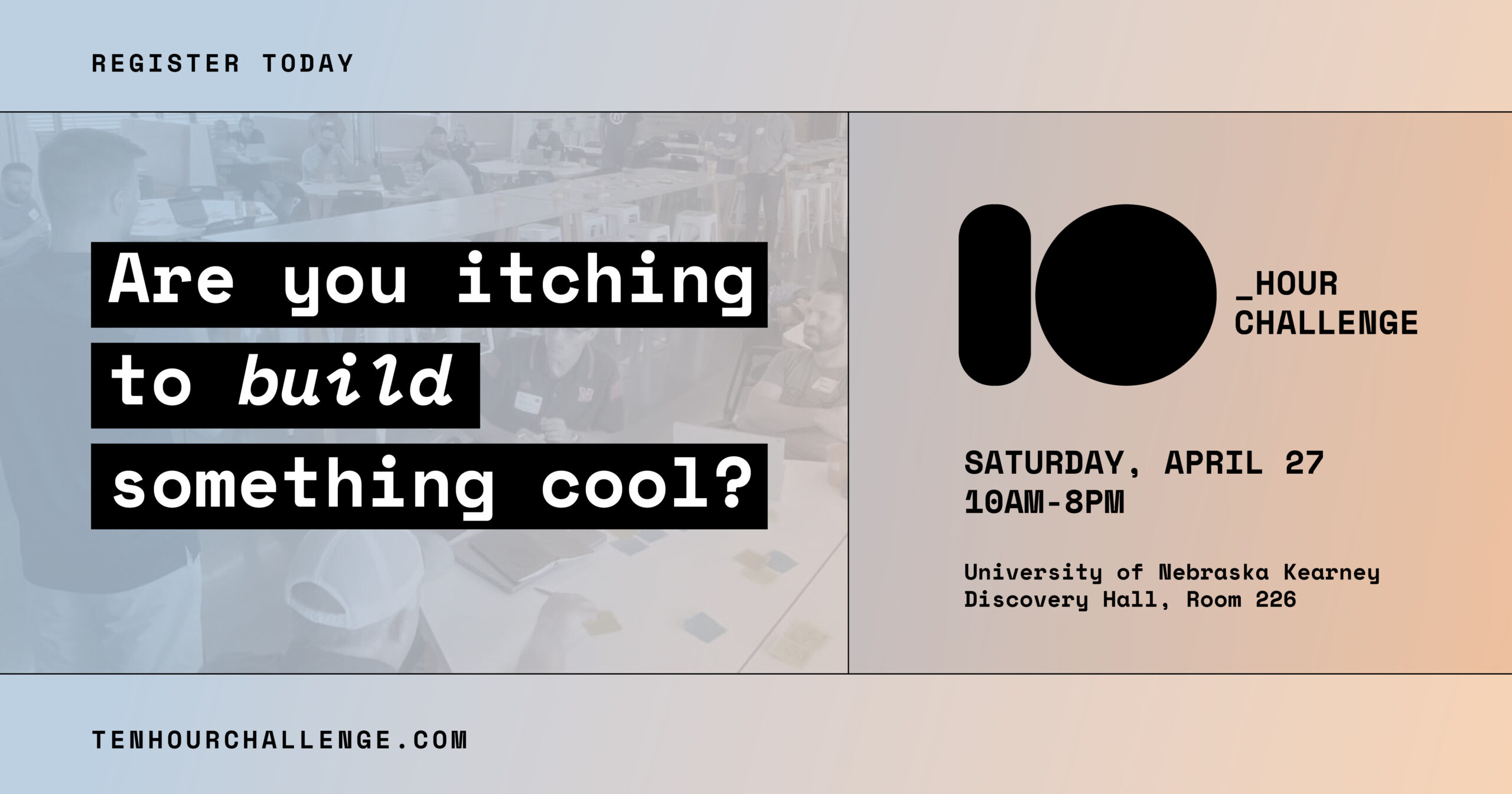Mozilla announced grants ranging from $5,000 to $30,000 to eight educational pilot projects in Kansas City and Chattanooga, Tenn., that are taking advantage of the cities’ gigabit Internet speeds.
The Gigabit Community Fund, supported by National Science Foundation, is investing in organizations and projects that utilize Gigabit technology to serve educational systems, support educators in and out of the classroom and impact student learning. The project seeks to advance the development, experimentation and implementation of learning and workforce opportunities enhanced by new, faster Internet technologies like Google Fiber in KC and Chattanooga’s EPB Internet.
Grantees will receive a total of $134,600 for a 12-week pilot period, which began Monday and runs through July 18. The eight projects will use the dollars to build and pilot Gigabit-enabled applications and associated curricula that have immediate and measurable impacts on the way students learn.
Through these pilot projects, Chattanooga and Kansas City will become living laboratories in which to study how these next-generation networks can impact education and workforce development, said Chris Lawrence, senior director of Mozilla Webmaker Community and Hive Learning Networks.
“A web with unlimited connectivity has unlimited potential—and can mean digital access, inclusion, education and workforce opportunity for an entire city,” Lawrence said. “As the leading Gigabit economies in the U.S., Kansas City and Chattanooga are uniquely positioned to explore these possibilities.
“We’re excited to see what the grantees create.”
Kansas City grantees
- Gigabots by Big Bang — Bringing connected devices to robotics and into classrooms to teach kids how to share innovation in collaborative ways.
- 3D Multi-School Learning by aSTEAM Village — Using next-generation telepresence technology to teach computer programming and video game design to students in a multi-school setting.
- Project Bright Spots by The Lean Lab — Using the Gig as a collaboration tool, by enabling community dialogue around specific experiences that highlight local innovation in education.
- Augmented Reality by Bonner Springs Fire Dept. — Using a Gig for a specialized training system that equips first-response trainees with Google Glass to share live video and real-time information during training and simulation scenarios.
- Gigabit Cafe by Reconciliation Services — Deploying the first public test of the “Software Lending Library” to bring Gigabit Internet connectivity to Reconciliation Services’ clients and neighbors. The library allows users to log in remotely to computers with usually expensive software like photo and video editing software.
Chattanooga grantees
- Remote Audio Mixing by Chattanooga Music Resource Center — Using a Gig for a collaborative, cloud-based music education app to be piloted with the Chattanooga Public Library, the Barger Academy of Fine Arts and a local public elementary school.
- Hyperlocal Hyperaudio by Hyperaudio — Using a gig for a content remixing curriculum that uses locally produced content from partners including the Chattanooga Public Library, the Hunter Museum of American Art, the Public Education Foundation and the Chattanooga History Center.
- Viditor by GeonCode — Using a gig to pilot the launch of a new online video editor with digital art and design classes at Baylor School and at the Chattanooga Public Library’s teen center.
Learn more about each of the pilot projects on Mozilla’s Gigabit Community Fund website.
Grantees of the Gigabit Community Fund also will become founding members of Gigabit Hive Learning Communities in both cities. These local communities of practice will function as “living laboratories,” working and learning together around community-driven goals. They also join a growing global Hive network that includes New York City, Chicago, Pittsburgh and Toronto, among others.
Members of the Gigabit Hive Learning Communities will participate in regular meetups and online forums, and through an openly networked approach, will share their planning, progress, lessons learned and best practices throughout and following the initial pilot period.
The application period for the next round of Gigabit Community Fund grants begins on May 12, for projects that will run from July 7 to September 26.





One response to “Mozilla awards grants to projects that harness Gigabit power for education”
Since the inceptions of technological improvements and developments in the present days Mozilla has been doing some outstanding works for the people as in students who are using intensively in browsing material. In that case proposing to give the students gigabit power in educational initiation above mentioned guidelines and the course of actions are very much worth in all the way. Therefore one could draw the conclusion that every aspect to start this kind of progressive initiative is the prime reason for all. Thanks for sharing.